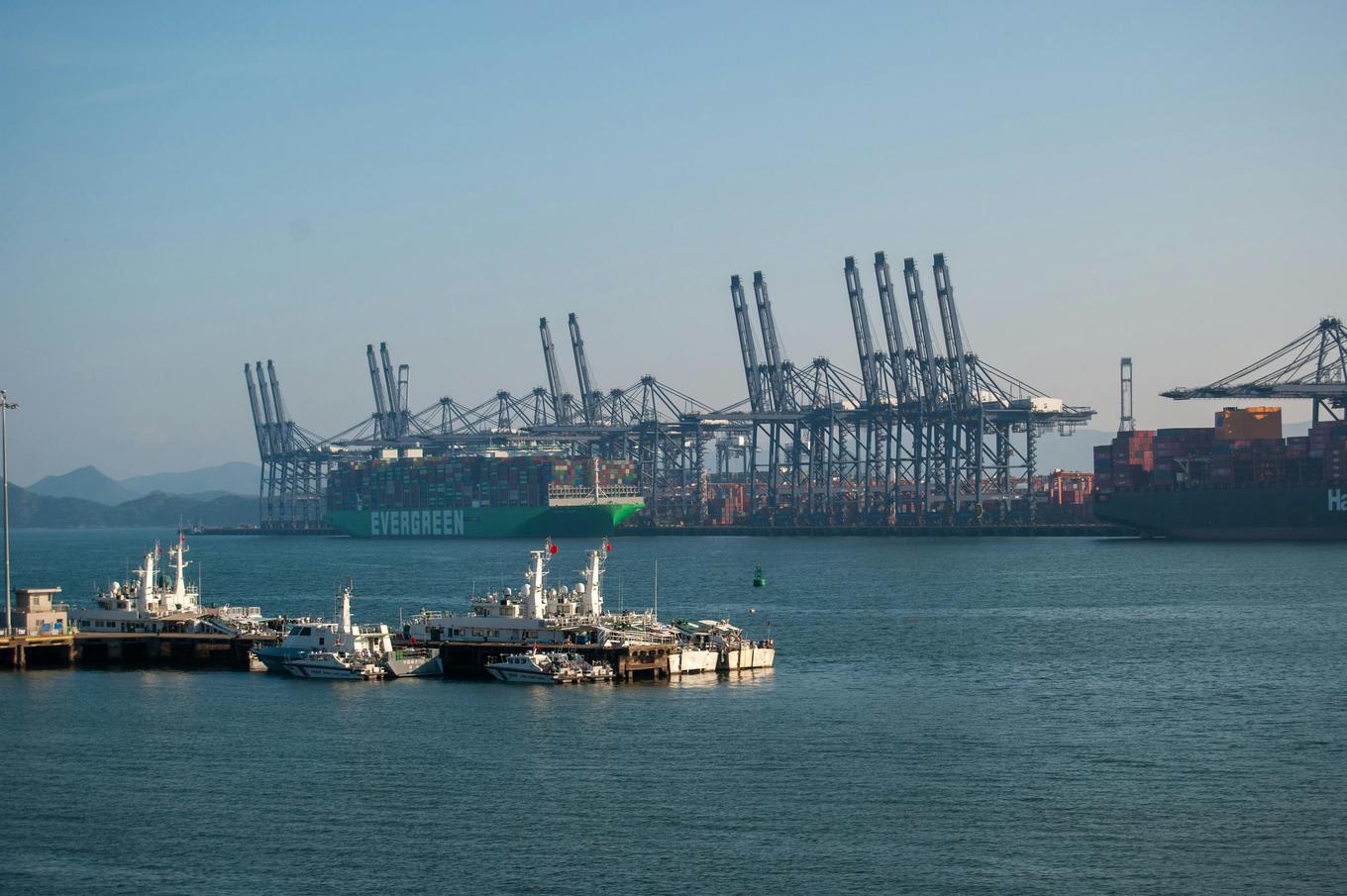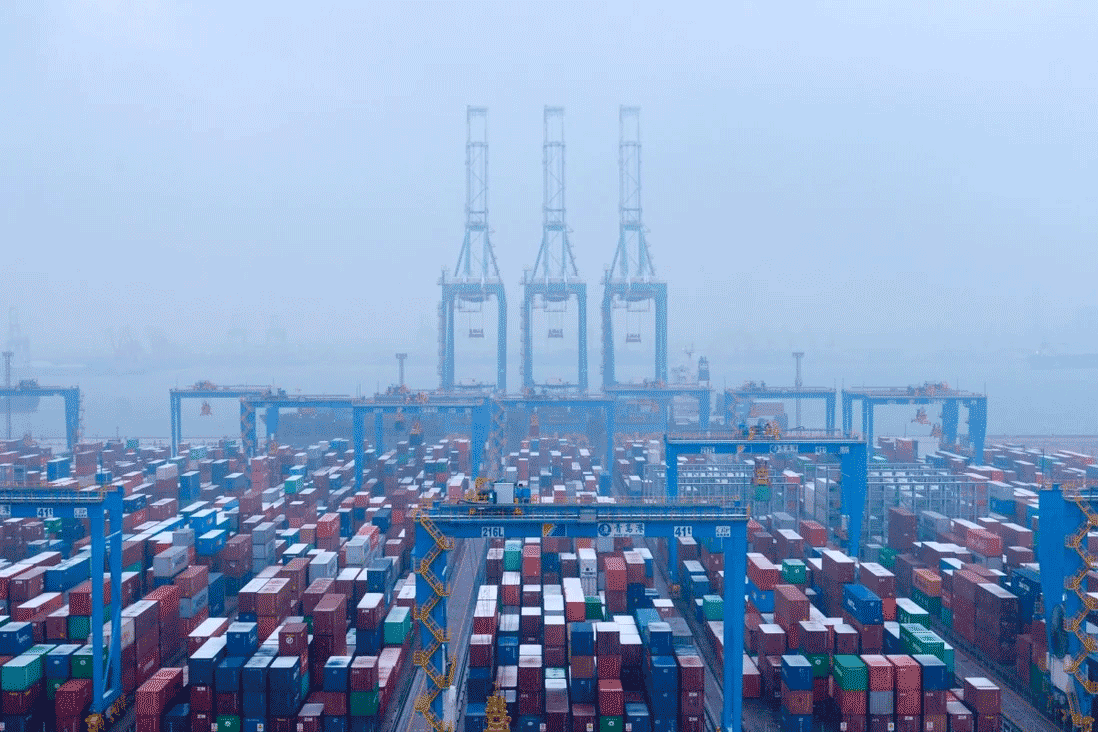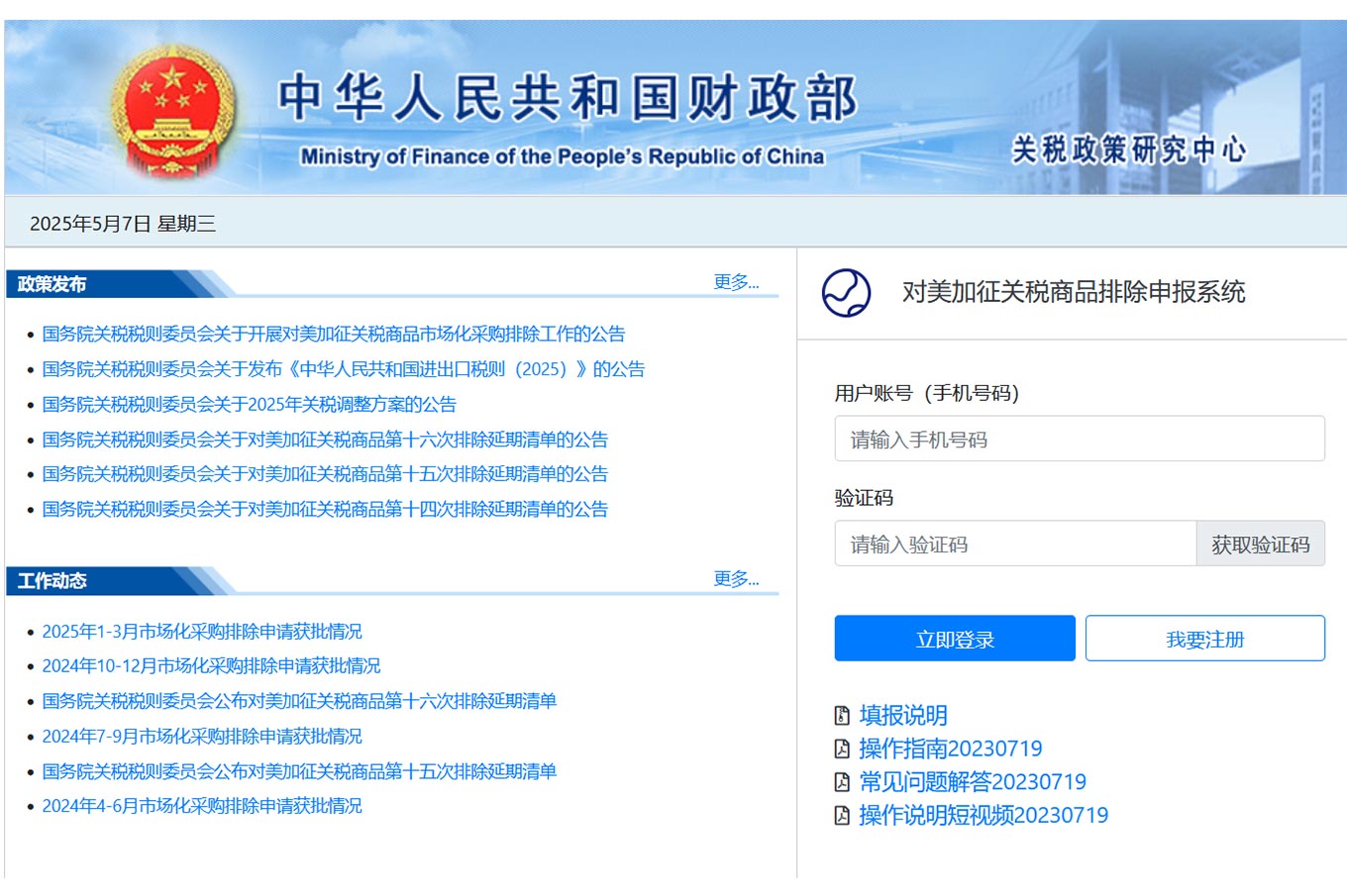- Shanghai Zhongshen International Trade Co., Ltd. - Two decades of trade agency expertise.
- Service Hotline: 139 1787 2118

The EU plans to impose restrictions on China.Medical EquipmentThe eligibility of manufacturers to participate in public procurement contracts has sparked widespread attention in the global trade arena. According to Bloomberg, citing informed sources, EU member states may vote on this proposal as early as June 2. If passed, this would mark the first substantive action taken by the EU under its 2022 International Procurement Instrument, representing a significant step in the bloc's reciprocity principle for global public procurement market access. However, this move could open a new and complex front in China-EU relations, as the EU seeks to balance its ties with China while responding to U.S. tariff pressures.
The "International Procurement Instrument" is a legal tool established by the European Union to address unfair competition in the global public procurement market. It aims to ensure fair treatment for EU companies in the public procurement markets of other countries while implementing reciprocal measures against nations that restrict access for EU firms. Under this instrument, the European Commission is empowered to impose various restrictions on enterprises participating in its public procurement, including adjusting bid evaluation scores, reducing the chances of winning contracts, or even completely barring certain companies from EU procurement contracts. The introduction of this law reflects the EU's strong pursuit of fairness and reciprocity in globalized trade.
The restrictive measures targeting Chinese medical device manufacturers stem from the EU's long-standing concerns about the imbalance in China's public procurement market. In April 2024, the EU initiated an investigation into China's medical device procurement market, focusing on the increasingly prominent localization orientation in China's medical technology procurement. The findings, released in January 2025, concluded that China discriminates against foreign companies in medical device procurement. For instance, multiple Chinese provinces and municipalities have imposed strict domestic production requirements in medical device procurement, prioritizing local suppliers, which makes it difficult for foreign companies to enter the Chinese market. The EU's report indicates that this policy has directly contributed to a reversal in China's medical device trade: from a deficit of 1.3 billion euros in 2019 to a rapid shift to a surplus of 5.2 billion euros in 2020.
The rapid growth of China's medical device market and the strengthening of localization policies have not only altered the landscape of global medical device trade but also raised concerns within the European Union. The EU's investigation is not aimed at reversing China's trade surplus trend in medical devices but rather seeks to encourage China to open its public procurement market and achieve a more level playing field by imposing restrictive measures. EU officials stated that fair competition is a core principle of the global trade system, and China's policies in the medical device sector clearly contradict this principle.
The context of this proposal must also be considered within the broader geopolitical and economic environment. In recent years, the European Union has been striving to strike a balance in its relations with China. On one hand, China is an important trading partner for the EU, and the two sides maintain close cooperation in multiple fields. On the other hand, the EU has expressed growing concerns over China's practices in areas such as market access, intellectual property protection, and technology transfer. Meanwhile, the recent resumption of tariff wars by U.S. President Trump has further intensified global trade tensions. The EU's decision to impose restrictions on Chinese medical device manufacturers at this juncture will undoubtedly add new uncertainties to China-EU relations.
It is worth noting that this move by the EU is not an isolated incident. In recent years, protectionist tendencies in public procurement markets have been on the rise among major global economies. For instance, the United States has strengthened support for local businesses through its "Buy American" policy, while China has bolstered the competitiveness of its domestic industries through localization requirements. The EU's International Procurement Instrument (IPI) emerged precisely against this backdrop, aiming to safeguard the interests of EU companies through reciprocal measures. However, analysts point out that such a strategy of "restriction for restriction" may lead to further fragmentation of global trade and even trigger retaliatory measures.
For Chinese medical device manufacturers, the EU's restrictive measures could have significant implications. Over the past decade, Chinese companies have rapidly risen to prominence, securing a vital position in the global market through cost advantages and technological advancements. However, if the EU implements stringent procurement restrictions, Chinese enterprises may face risks such as reduced market share and declining revenues. Additionally, this measure could prompt China to reassess its own public procurement policies. Whether it will further open its market in exchange for reciprocal treatment from the EU remains to be seen.
Within the EU, attitudes toward this proposal are not entirely unified. Some member states worry that restricting Chinese companies could lead to tensions in the medical device supply chain, especially as global supply chains have yet to fully recover from the impact of the COVID-19 pandemic. As a critical public health resource, the stability of the medical device supply chain is of paramount importance to EU countries. Therefore, the voting outcome on the proposal will directly reflect the trade-offs EU member states make between trade protection and supply chain security.
From a longer-term perspective, this move by the EU could mark the starting point for reshaping the rules of the global public procurement market. With the implementation of the International Procurement Instrument (IPI), the EU may extend similar measures to other sectors, such as infrastructure construction or high-tech equipment procurement. This will not only impact Chinese enterprises but could also trigger a ripple effect on businesses from other countries. Analysts suggest that future global trade rules may place greater emphasis on reciprocity and transparency, which will pose new challenges to the market strategies of all participants.
Overall, the EU's restrictive measures against Chinese medical device manufacturers represent both a strategic move to safeguard fair competition and a cautious balancing act amid complex geopolitical and economic interests in the international arena. The June 2nd vote outcome will provide critical guidance for the implementation of this policy while also setting the stage for the future trajectory of China-EU trade relations. Against the backdrop of an increasingly volatile global trade environment, this event is undoubtedly poised to become a focal point of international attention.
Related Recommendations
? 2025. All Rights Reserved. Shanghai ICP No. 2023007705-2  PSB Record: Shanghai No.31011502009912
PSB Record: Shanghai No.31011502009912










